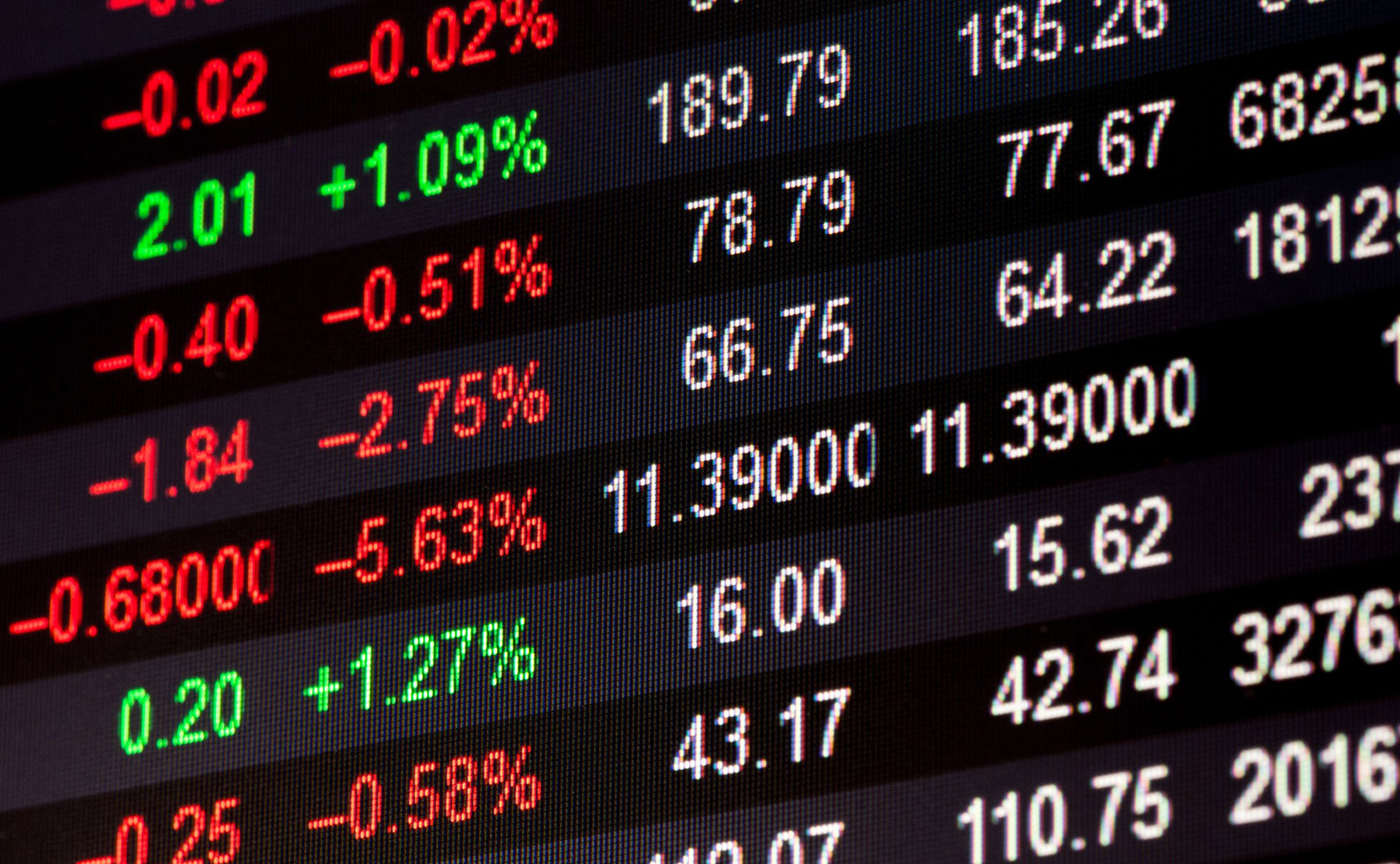As news of the coronavirus stokes fear and uncertainty on a variety of fronts, it is only natural to wonder if you should do something to your portfolio to account for the news. In most cases, the answer is a resounding NO! Here’s why.
- The markets don’t like uncertainty. Investment markets tend to over-react to news events that, while scary, have so many unknowns. There are currently more unknowns than knowns about the coronavirus. While there are signs that infection rates are slowing in China, new outbreaks have sprung up in countries ranging from Iran to Italy and now Brazil. There has even been a case reported in California with no known ties to travel to China or another infected person. With so much uncertainty about the disease’s transmission and likely path, it’s impossible to estimate the likely economic impact, which is really what drives stock prices via its impact on corporate profits. It is likely that the longer the virus causes supply chain disruptions and reduced travel and tourism, the greater the economic impact. We can look at past health scares for indications of how large the impact might be. When the SARS epidemic struck in 2003, the S&P 500 fell 14% over 2 months. However, it was up 20% a year later. Similarly, other outbreaks like Asian flu, Zika and Ebola saw initial downturns of 5-7%, but the markets were up from 10% to 36% a year later. In summary, even serious health scares have only had temporary impacts on the stock market. The US stock market is currently down about 12% over the past week. While it might certainly go down more in the short-term, it is also quite likely that a year from now, once the virus has run its course, it could be higher.
- Market corrections are a normal part of investing. Risk and return are related. To earn the higher returns offered by investing in stocks, it is necessary to accept investment risk, which manifests itself through stock price volatility. Downturns of 10% or more are a common feature of the stock market. In fact, there is a 10% decline on average once a year. 2019 was unusual for its lack of such a downturn. Hence, some would say the market is overdue for such a correction, or even a larger bear market, defined as a 20% decline or more. Despite these shorter-term corrections and bear markets, the stock market does tend to trend upwards over the long-term, driven by economic and corporate profit growth. To earn the attractive long-term returns offered by stock market investing, one must stay invested for the long-term and resist the urge to jump in and out of the market.
- Your long-term goals and risk tolerance should guide your portfolio allocation, not short-term political, economic or market events. Your long-term goals and the returns required to achieve those goals, combined with your natural risk tolerance should guide your portfolio allocation and the amount of investment risk you are willing to accept. If you have a globally diversified portfolio with a healthy dose of risk-reducing bonds in it, chances are your portfolio will gyrate far less than the markets are right now. This is the benefit of diversification. While your portfolio might not go up as much as the best-performing asset class during a rally, it likely won’t go down as much as the worst-performing asset class during a downturn. Instead of getting side-tracked by the hysteria generated by the media, it’s best to buckle your seatbelt, stay focused on the road ahead and ignore the temporary speed bumps and potholes along the way.
While it might be tempting to think you must do something to your portfolio, the best reaction is really no reaction. If you still feel compelled to do something, here are a couple of ideas: rebalance back to your long-term targets to take advantage of market volatility and check in with a mortgage broker to see if it might make sense to refinance to take advantage of record low mortgage rates. Control what you can control and don’t worry about what you can’t.

